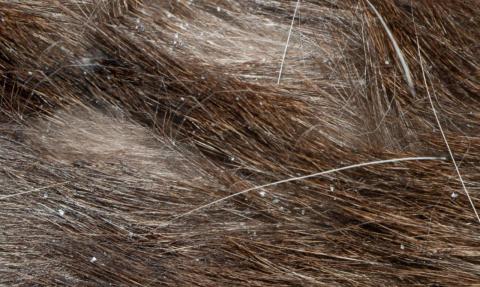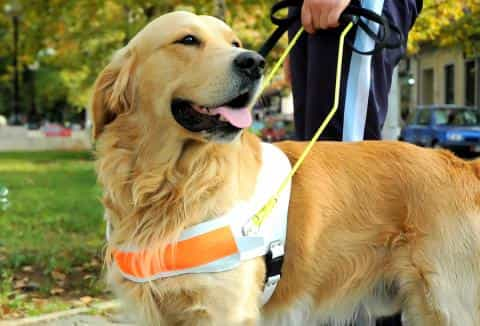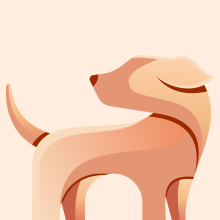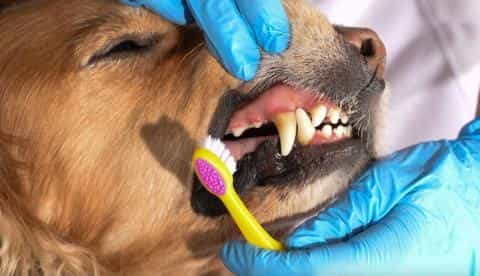
Published on March 7 by Julia
Just like humans, dogs can develop dandruff, which appears as white flakes on their fur and skin. While it’s often a minor issue, persistent dandruff can indicate underlying health problems. Understanding the causes and effective treatment options can help keep your dog’s coat healthy and itch-free.
Cold weather, low humidity, or excessive bathing can strip your dog's skin of natural oils, leading to dryness and flaking.
A lack of essential fatty acids, such as Omega-3 and Omega-6, can contribute to dry, flaky skin.
Dogs can develop skin allergies due to food, environmental factors (like pollen or dust), or grooming products, causing irritation and dandruff.
Mites, fleas, and fungal infections like ringworm can lead to dandruff, excessive scratching, and hair loss.
Conditions like hypothyroidism or seborrhea (a skin disorder causing excessive oil production) may cause dandruff as a symptom.
Infrequent brushing allows dead skin cells to accumulate, leading to dandruff buildup.

Brushing your dog’s coat distributes natural oils, removes dead skin cells, and stimulates healthy hair growth.
Ensure your dog’s food includes high-quality proteins and essential fatty acids. Consider adding fish oil or coconut oil to their diet after consulting your vet.
Make sure your dog drinks enough water to maintain proper skin hydration.
Choose a vet-approved, oatmeal-based or hypoallergenic shampoo to soothe and hydrate dry skin. Avoid overbathing, as it can strip natural oils.
Identify and eliminate allergens, whether from food or environmental sources. Your vet may recommend antihistamines or dietary changes.
If parasites or infections are causing dandruff, your vet may prescribe medicated shampoos, antibiotics, or antiparasitic treatments.
Use a humidifier in dry climates to add moisture to the air and prevent your dog's skin from drying out.

If your dog’s dandruff is persistent, accompanied by redness, sores, excessive itching, or hair loss, consult a veterinarian. These symptoms may indicate an underlying medical issue requiring professional treatment.
By understanding the causes of dog dandruff and following these care tips, you can help your furry friend maintain a healthy, shiny coat free from flakes and irritation.
Discover More Content





